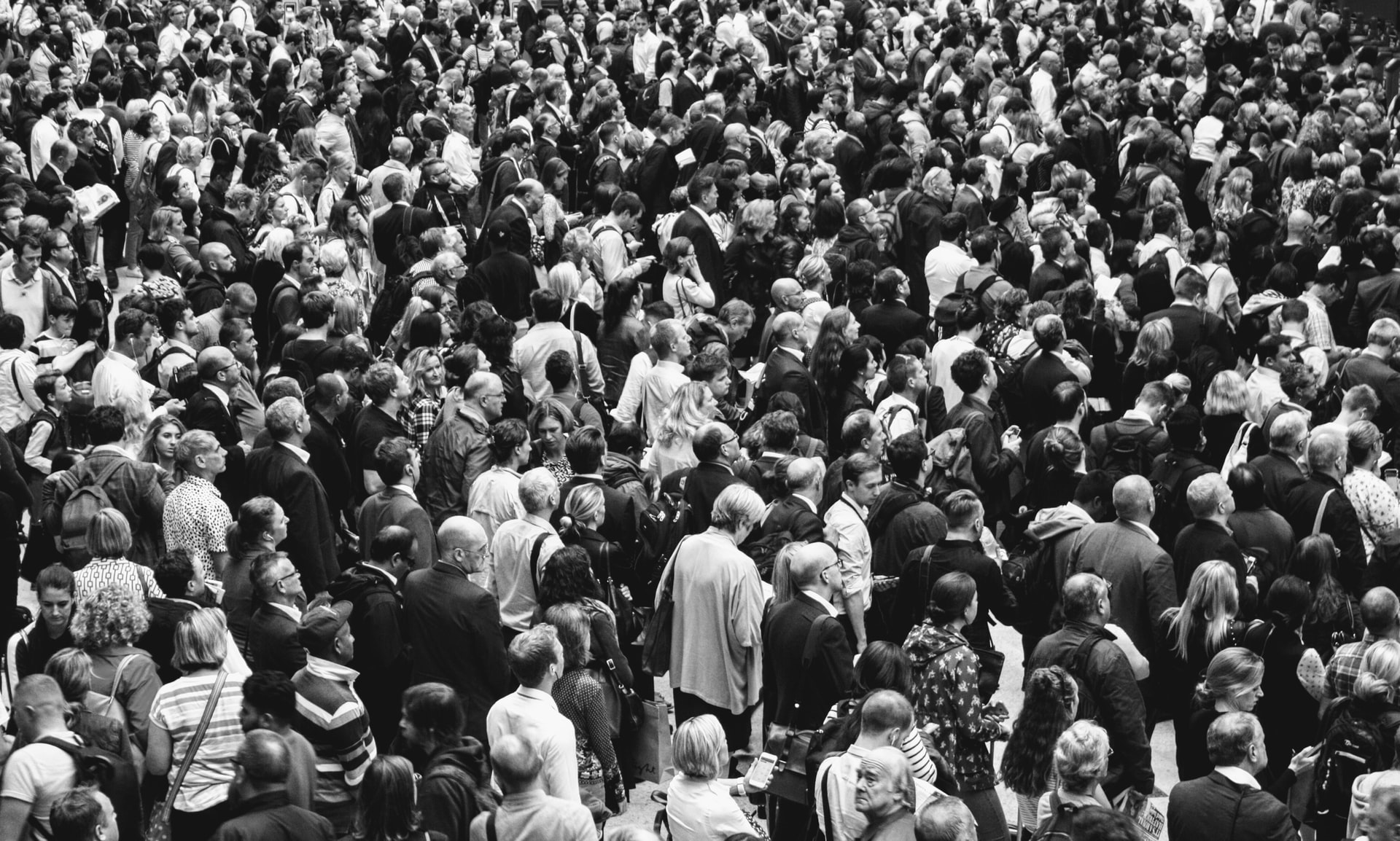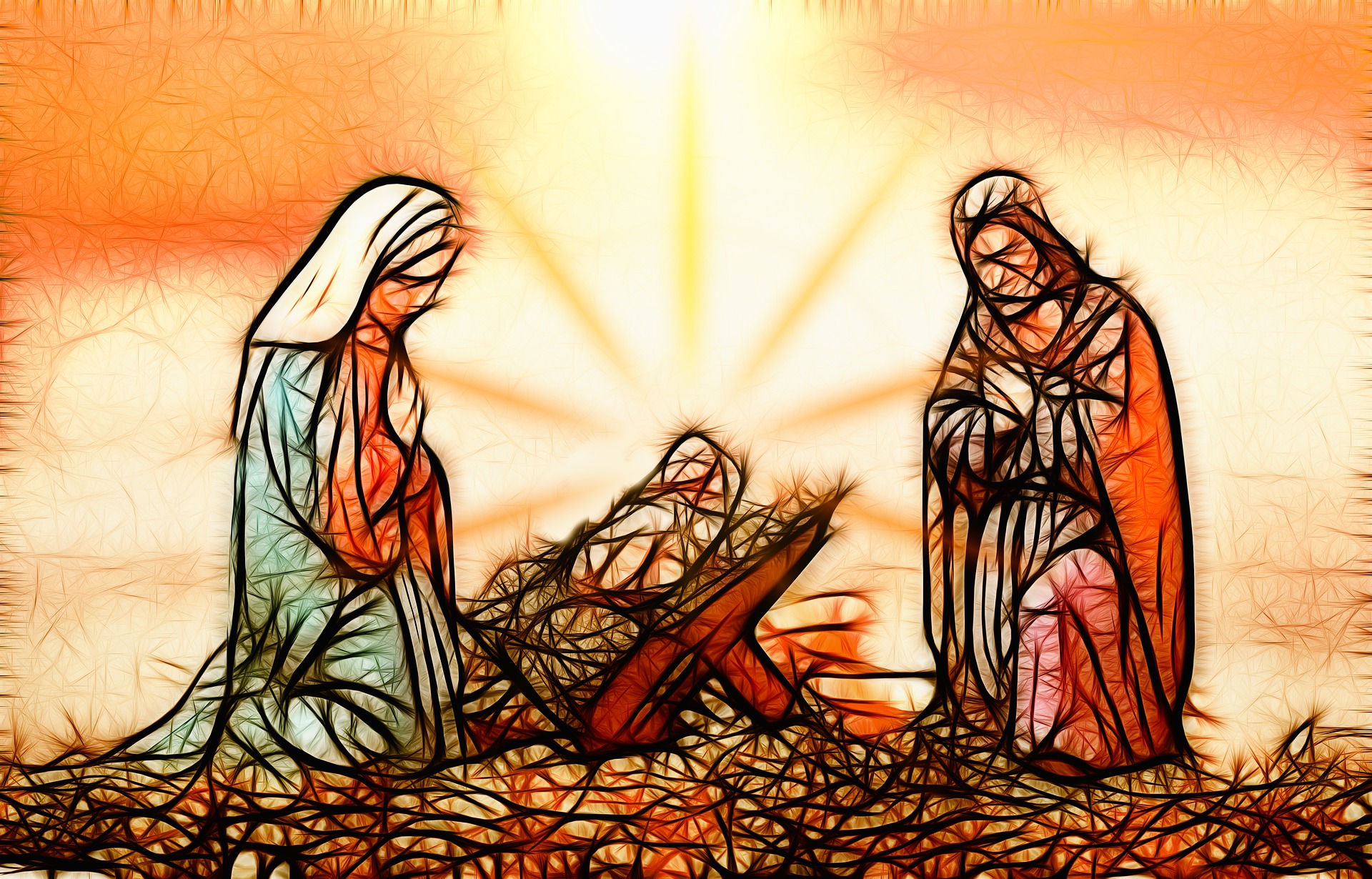In past centuries, going to church was a deeply embedded part of how western society worked. But today, with so much emphasis on personal faith and opportunity to do community activities outside church, is there any point in being part of a religious group and meeting with people? We discover three key reasons: Support, Diversity and Magnifying.
To kick off a new series on Biblical themes, we look at 8 different ideas about the Kingdom of God. We find that both Jesus' statements about it and the expectations of his audience were deeply rooted in the Old Testament, Hebrew scriptures. This brings to life a tangible picture of what is involved but also something far greater and more universal than even the Jews expected!
When we are downcast and discouraged, is there anywhere we can turn to in order to feel valued again? And do Christianity and the Bible have any wisdom and encouragement to offer? Jesus directly addressed the "poor in spirit" in his famous Sermon on the Mount and it's just as relevant and powerful today as it was when he originally spoke those words.
We investigate the many and varied Biblical images for the judgement and discuss whether we should think that any of those word-pictures and metaphors describe what will actually happen - or are they designed to teach us something else?
Paul chats to Mark Vincent, the author of a small book with big ambitions, entitled Life's Biggest Questions. They talk about how the book came about and step through some thoughts on those major questions - Where did we come from? Why are we here? Where are we headed?
Continuing a mini-series on themes from early church history, we look at Jesus' prediction that Christians might be persecuted for believing in him and how that unfolded over the first few centuries of the church. We discover how the church emerged from periods of persecution as a changed institution. Was that a good thing?
The book of Revelation closes with God's victory and it seems so violent. Will it be as warlike as the language sounds? And what could the wonderful imagery of New Jerusalem actually mean in reality?!
A recent survey puts a surprising number of American Christians outside orthodoxy in relation to the birth of Jesus and his supposed pre-existence. Is there a good explanation for this? Perhaps the straightforward narrative of scripture, and its teaching about the man Jesus Christ, is what sincere church-goers pick up on with good reason.
When Jesus said "I and the father are one", what was the context? Our discussions lead us to understand that the phrase shouldn't be a theological battleground but is part of an intensely profound and practical theme for the lives of believers in Jesus which weaves through all parts of the New Testament.
What should we make of the dragon, the beast of the sea and the beast of the earth in the book of Revelation? We uncover a subversive message for Christians in the 1st century and relevant for any age of history. And yes, we talk about the mark of the beast and the number 666 - finally!



